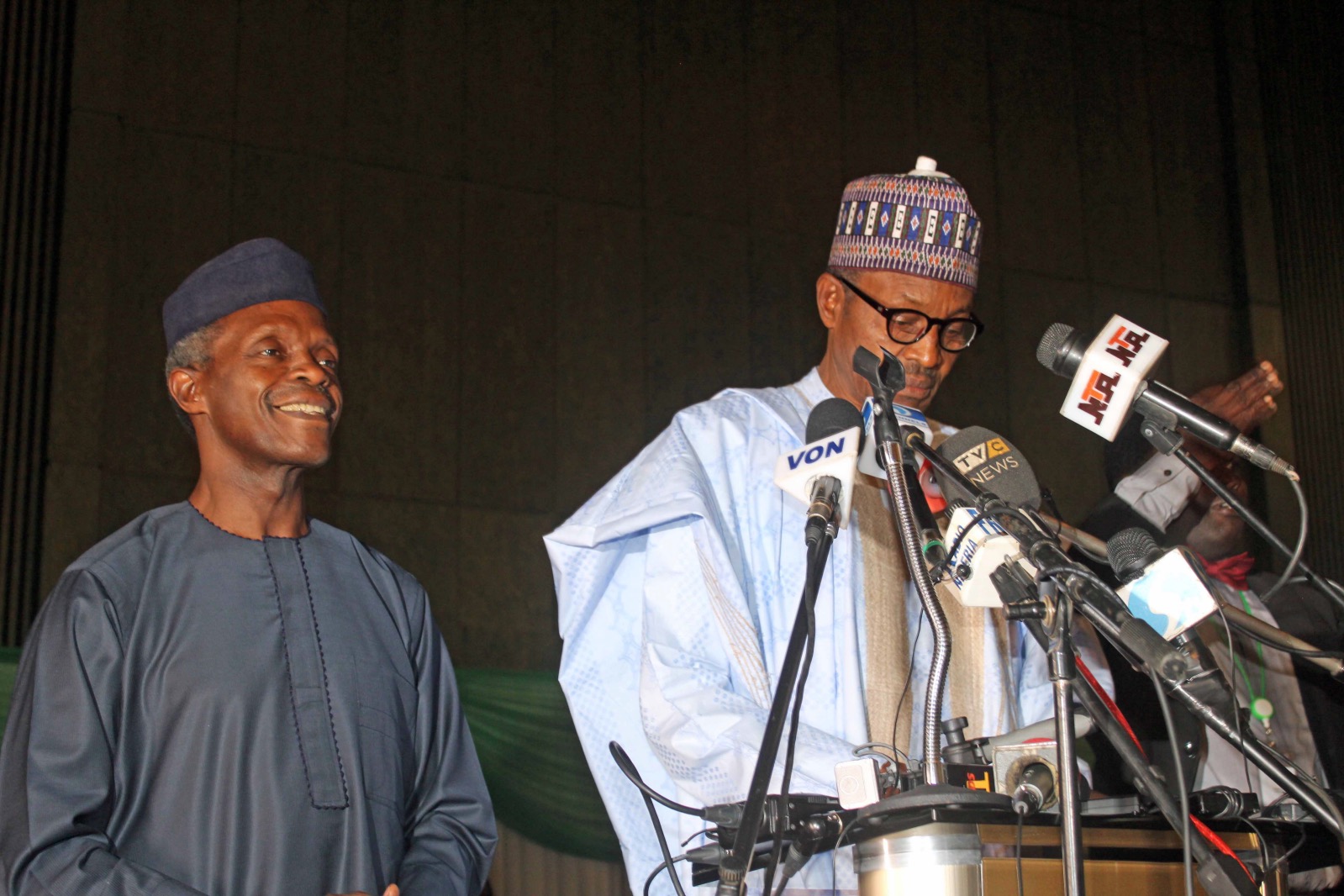by Fisayo Soyombo
When Nigerians rouse from sleep on April 1, they will again head for filling stations to join the now de rigueur queues for Premium Motor Spirit.
This is no big news; queueing for hours at petrol stations has been the most recurring item on the itinerary of Nigerians not only for the past month, but also for the third spell in the past three months.
What is news is that when these same people woke up exactly one year ago, the majority of them trooped to the streets in jubilation. Three hours and 47 minutes into that day, opposition candidate Muhammadu Buhari was declared president-elect.
But while Nigerians hailed Buhari as a Messiah of sorts, they forgot to remind themselves that no Nigerian leader, democratic or dictatorial, had ever succeeded in delivering socioeconomic prosperity to the masses.
Joy so often short-lived
There was something familiar about the sheer joy that was unleashed on the streets of Nigeria on April 1, 2015.
More than five decades ago, on October 1, 1960, when Sir Abubakar Tafawa Balewa accepted the symbols of Independence from the Queen of England and cheerily declared that he was “opening a new chapter in the history of Nigeria”, it was to the delight of millions of citizens.
Elites clutched at their radios as devout Catholics would the Rosary, listening as the sonorous voice of Emmanuel Omatsola blared from Race Course, Lagos: Nigeria is a free, sovereign nation. Pupils holidayed; and when they returned to school, they were served unusual rounds of sumptuous meals and handed lovingly petite green-white-green flags.
But for all of Balewa’s education and popularity in international circles, his reputation for championing northern interests did little to foster unity and stability in Nigeria’s delicate multiethnic set-up. Both power and life were taken away from him in a coup six years later.
When Nigeria returned to democracy in 1999, after decades of torture at the hands of the military, the scenarios were repeated. Olusegun Obasanjo, a retired soldier who was on the throes of death in prison, was suddenly, miraculously handed democratic power.
Obasanjo had admitted that “the entire Nigerian scene is very bleak indeed, so bleak people ask me: where do we begin?” But he also promised to fight corruption, restore public confidence in governance, build infrastructure. Millions of overjoyed Nigerians believed him – the worst civilian government is better than the best military regime was the popular reasoning at the time.
Read the full report at Al Jazeera







